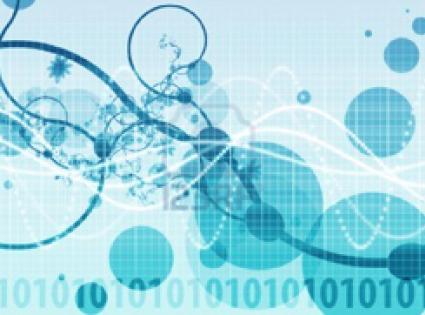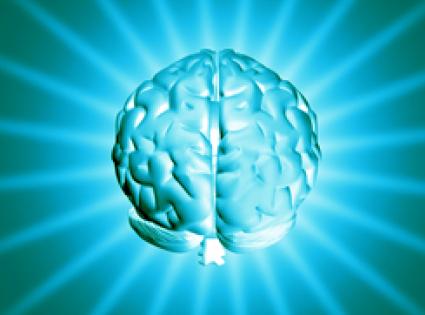Usos argumentativos de las preguntas retóricas
Las preguntas retóricas son preguntas que realiza el hablante cuya respuesta es obvia o no existe y, por lo tanto, el hablante realiza la pregunta sin la intención de recibir una respuesta. Es necesario realizar un análisis y ofrecer una explicación pragmática de cómo funcionan estas preguntas y cómo los hablantes las usamos. Hay dos explicaciones distintas de cómo funcionan las preguntas retóricas: una basada en teorías de actos de habla y otra basada en las intenciones de los hablantes y en este trabajo me propongo defender la propuesta basada en la teoría de los actos de habla. Además, las preguntas retóricas pueden tener diferentes usos y objetivos. Diferencio dos usos: los usos conversacionales con el objetivo de modular la fuerza del mensaje del hablante y los usos argumentativos relacionados con la actividad de argumentar. Dentro de los usos argumentativos, distingo tres usos: la expresión de argumentos, el refuerzo de afirmaciones y el uso de presuposiciones.
Abstract: Rhetorical questions are questions asked by the speaker whose answer is obvious or does not exist and, therefore, the speaker asks the question without the intention of receiving an answer. It is necessary to analyse and provide a pragmatic explanation of how these questions work and how speakers use them. There are two different explanations of how rhetorical questions work: one based on speech act theories and one based on speakers' intentions, and in this work, I intend to defend the proposal based on speech act theory. Moreover, rhetorical questions can have different uses and goals. I distinguish two uses: conversational uses with the aim of modulating the force of the speaker's message and argumentative uses related to the activity of arguing. Within argumentative uses, I distinguish three uses: the expression of arguments, the reinforcement of assertions and the use of presuppositions.







